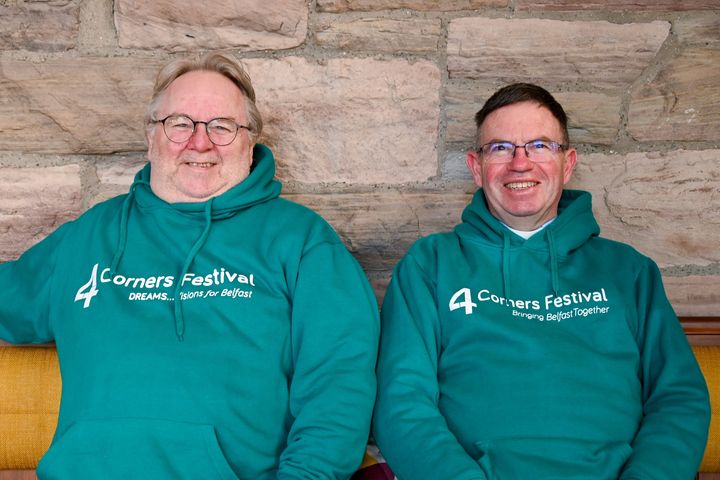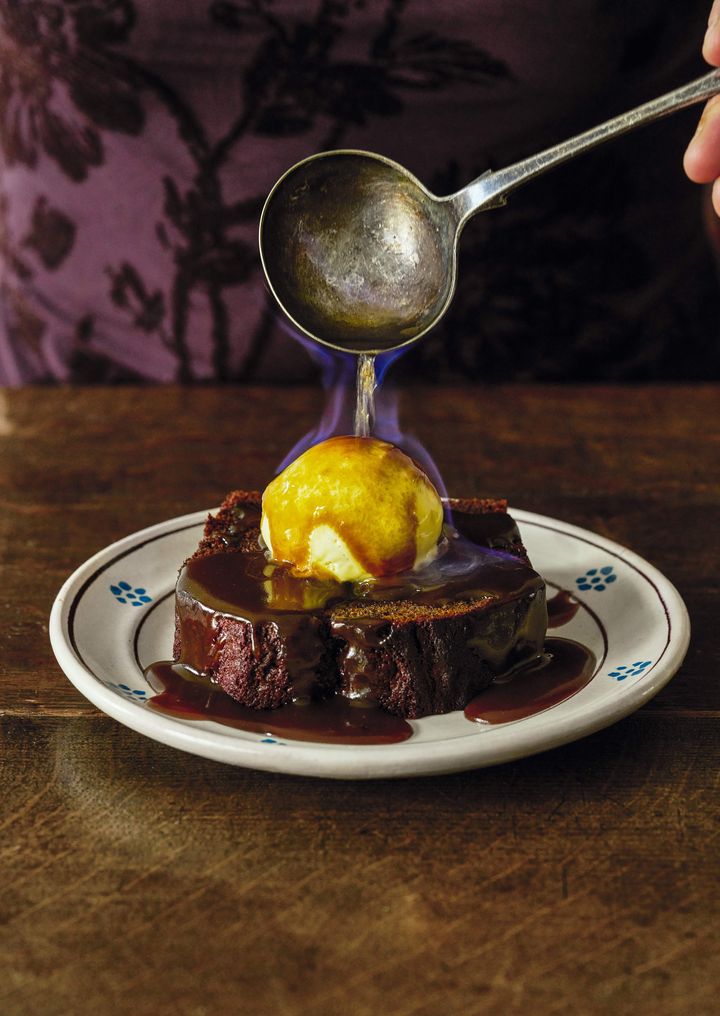The NRG Oncology NRG-HN005 phase II/III clinical trial has not met the non-inferiority criteria to proceed to the phase III portion of the study. The phase II portion of the NRG-HN005 evaluated two experimental treatment arms against a control arm for patients with p16-positive (p16+, accepted as a surrogate for HPV+ status), locoregionally advanced oropharyngeal cancer. The interim futility results were recently reported during the Plenary Session of the American Society for Radiation Oncology Annual Meeting in Washington, DC.
"This study, despite the overall failure of the experimental arms, is extremely important as an affirmation that this group of patients achieves genuinely outstanding outcomes with traditional chemoradiation. Furthermore, as shown by the incredibly good prognosis of patients in the control arm, this study sets a new very high bar for deintensification studies in the future." stated Sue S.
Yom, MD, Ph.D., of the University of California San Francisco and the lead author of the NRG-HN005 abstract.
NRG-HN005 compared standard dose, slightly accelerated intensity modulated radiotherapy (IMRT) and 2 cycles of cisplatin chemotherapy given every 3 weeks to a lower dose of IMRT with the same cisplatin schedule or slightly accelerated IMRT with 6 cycles of the immunotherapy drug nivolumab given before, during, and after radiation. The control arm dose and schedule for the IMRT and cisplatin regimen stemmed from the findings in the RTOG 1016 clinical trial, whic.


















